
Our Guide to Mulch
5 Minute Read
Mulch is a simple yet remarkably effective tool that can revolutionise the health and vitality of your garden. In this guide, we unravel the many virtues of mulch— from moisture retention and weed suppression to soil insulation and nutrient enhancement. Discover how this unassuming layer of organic material can be the secret ingredient that elevates your garden, fostering a thriving and resilient landscape.What is mulch?
Mulch is made from organic material such as bark, wood chippings or straw, is biodegradable and will improve your soil over time. Mulch has a multitude of uses from suppressing weed growth to ensuring valuable moisture is retained within the plant roots and some help to deter pests.Bark mulch: Bark mulch is the most popular method of biodegradable mulching.
Hardwood bark is best used in perennial beds and around shrubs and trees. While, softwood bark is best used around larger trees and shrubs.
Straw mulch: Straw mulch is a great biodegradable alternative to bark mulch, straw mulches like Strulch, also has the additional benefit of being a slug and snail deterrent!
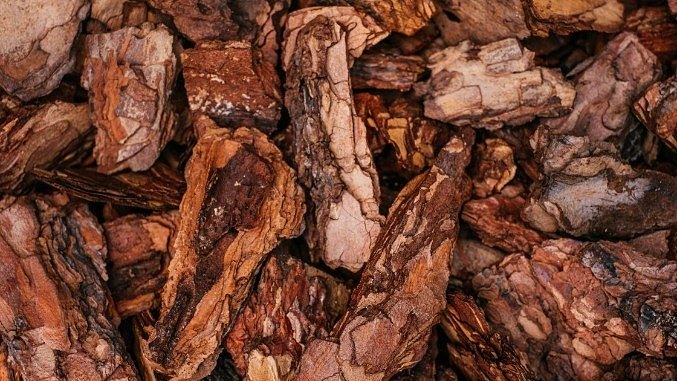
How and when to use mulch
Mulch is best applied in spring when the soil begins to warm up and in autumn when most plants begin to die back. However, mulch can be applied at any time of year, as long as you ensure the soil is properly cared for prior to applying, this includes ensuring it is properly watered and all weeds have been removed. Mulch can be applied to beds, borders, container plants and raised beds and across the kitchen garden.Mulch is best used as a dressing around plants and across beds at a rate of 2-3inches thick over moist, weeded soil that isn't frozen; as well as around trees/shrubs at their appropriate radius.
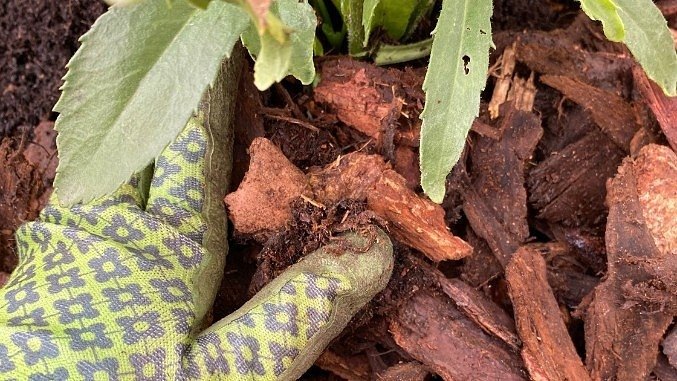
What are the benefits of mulching?
Aside from improving the condition and water retention of your soil, suppressing weeds and reducing the amount you need to water, mulch also adds an attractive and appealing finishing touch to beds and borders. Finishing your garden with a layer of decorative bark adds a natural, organic feel to your space and allows you to prepare empty spaces in the garden in time next spring.Certain mulches can help to keep pests at bay while encouraging beneficial nutrients into the soil all while protecting plant roots. Mulching is certainly one of the most important gardening jobs and ensures the longevity of your garden, season after season!
Now you have everything you need to know about how and when to use mulch, all that's left is to pick your favourite and to get applying!
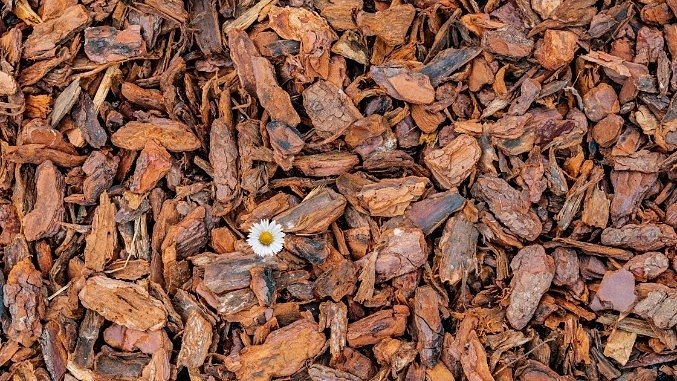
Best sellers
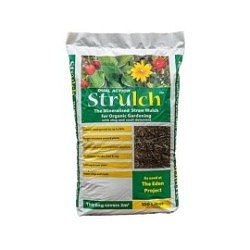
Strulch Straw Mulch
An organic, locally sourced product, made in the UK. Straw mulch can be used to protect plants from winter frosts when conditions are cold. It can be used around vegetables and fruits in the kitchen garden. Straw mulch retains moisture and deters weeds and pests.BUY NOW
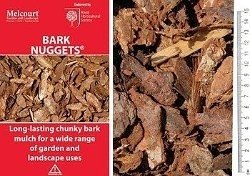
Melcourt Bark Nuggets 60lt
This chunky bark is ideal for mulching into large landscape areas or using as decorative bark cover where longevity is required. The acidic nature of these pine bark nuggets makes them the perfect bark for increasing acidity in soils.BUY NOW
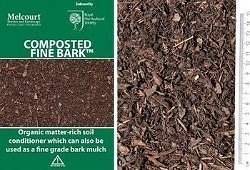
Composted Fine Bark 50lt
Melcourt Composted Fine Bark™ is an organic soil conditioner using sustainable conifer bark sourced in Britain. Melcourt’s unique fine bark mulch is used in domestic & landscape gardens for improving soil structure and quality. Dig the bark into the top soil (15cm) to enhance water retention and plant root health!BUY NOW
Tags: Mulch, Soil health, Soil improvers
Comments (0)
Why not be the first to send us your thoughts?
Leave A Comment
Most popular articles
1
Plastic plant pots dimensions and uses2
Peat vs Peat Free - Choosing the right Potting Compost3
How to Grow Watercress at home in plant pots4
January Jobs5
March Jobs